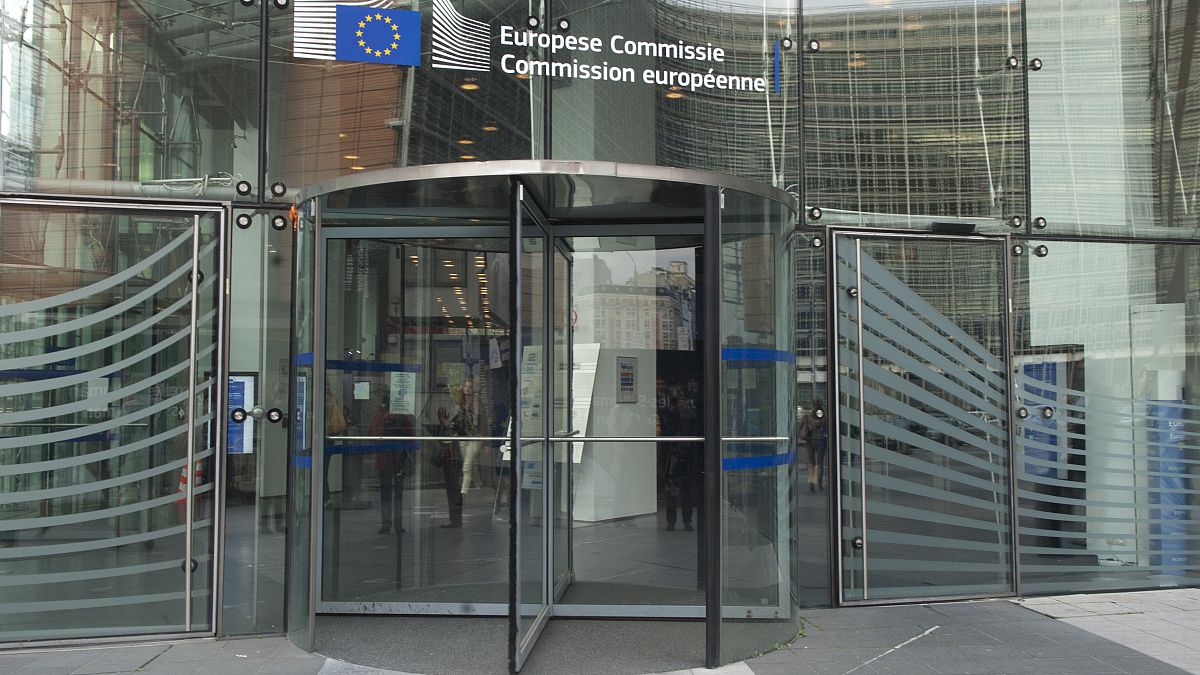The European Commission has announced that it will not immediately release details of the restrictions placed on Henrik Morch, a senior official who recently moved from the Commission’s antitrust department to the private law firm Paul, Weiss. This decision has drawn criticism from EU Ombudsman Emily O’Reilly, who has expressed concerns about the impact of such moves on public trust and EU interests. The move has reignited the debate around the revolving door of staff between the public and private sectors, with O’Reilly calling for transparency and accountability.
The controversial move of Henrik Morch from the European Commission to Paul, Weiss earlier this year has raised questions about the potential conflicts of interest and lack of transparency surrounding such transitions. EU Ombudsman Emily O’Reilly has criticized the lack of disclosure regarding the restrictions placed on Morch’s work at his new employer, highlighting the need for greater transparency and accountability in these cases. The European Commission has defended its handling of the matter, stating that the restrictions imposed on Morch’s post-service employment will be disclosed in the next annual report.
The issue of senior EU officials transitioning to the private sector has been a subject of concern for O’Reilly and other watchdogs, who warn of the corrosive effects such moves can have on public trust and the integrity of EU institutions. The case of Henrik Morch is just one example of this revolving door phenomenon, which has also been observed in other cases involving high-ranking officials moving to prominent private sector positions. The lack of transparency in these transitions has raised questions about potential conflicts of interest and the need for stronger regulatory mechanisms to prevent abuse.
The European Commission has been under pressure to address the issue of staff transitions to the private sector, with calls for greater transparency and accountability in these cases. The move of Henrik Morch to Paul, Weiss has reignited the debate around the revolving door between the public and private sectors, with concerns about the potential impact on public trust and EU interests. Ombudsman Emily O’Reilly’s criticism of the lack of disclosure regarding the restrictions placed on Morch’s post-service employment highlights the need for stronger oversight and regulation in this area.
The controversy surrounding Henrik Morch’s move from the European Commission to Paul, Weiss is just one example of the challenges posed by the revolving door of staff between the public and private sectors. The lack of transparency and accountability in these transitions has raised concerns about potential conflicts of interest and the need for stronger regulatory mechanisms to prevent abuse. Ombudsman Emily O’Reilly’s scrutiny of the case underscores the importance of upholding ethical standards and ensuring the integrity of EU institutions.
In conclusion, the move of Henrik Morch from the European Commission to Paul, Weiss has sparked a debate over the revolving door of staff between the public and private sectors. The lack of transparency and accountability in these transitions has raised concerns about potential conflicts of interest and the need for stronger regulatory mechanisms to prevent abuse. Ombudsman Emily O’Reilly’s criticism of the handling of the case highlights the importance of upholding ethical standards and ensuring the integrity of EU institutions. The European Commission must address these concerns and work towards greater transparency and accountability in staff transitions to safeguard public trust and EU interests.










